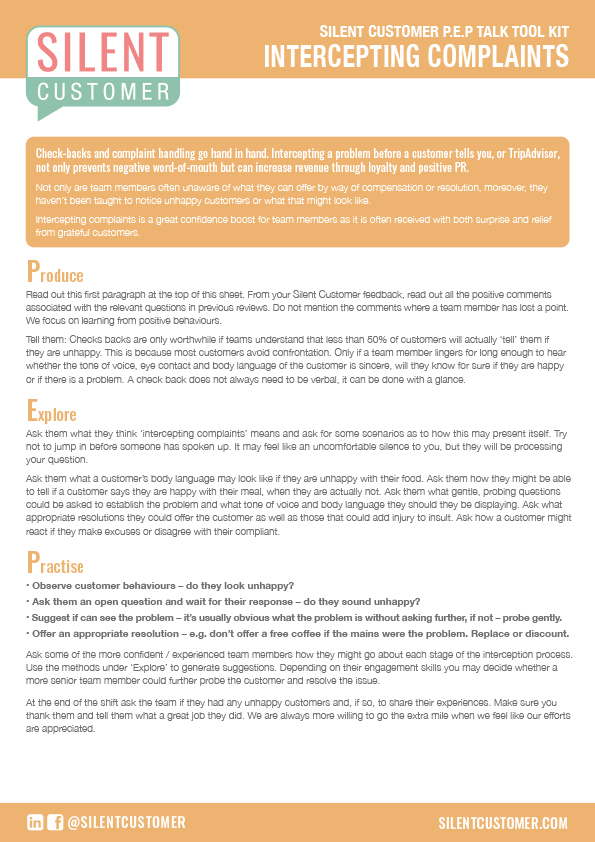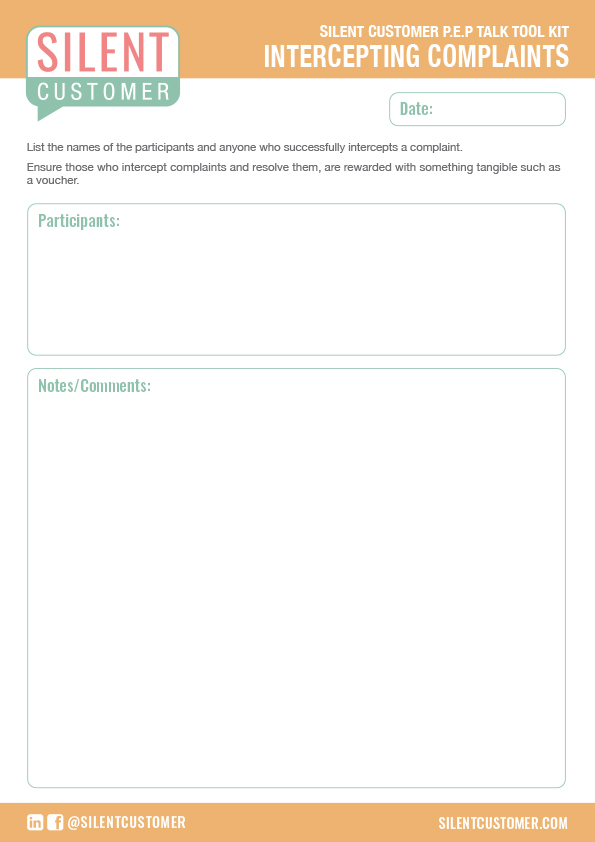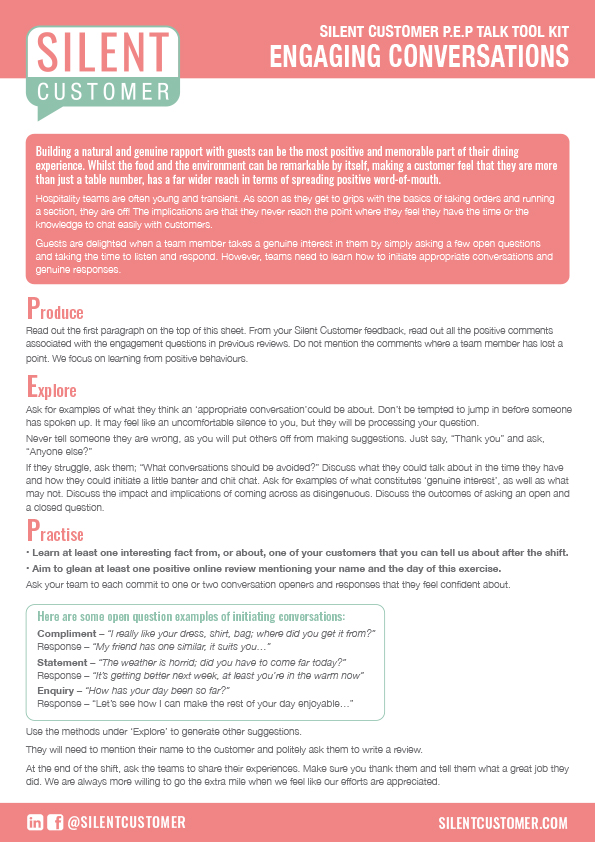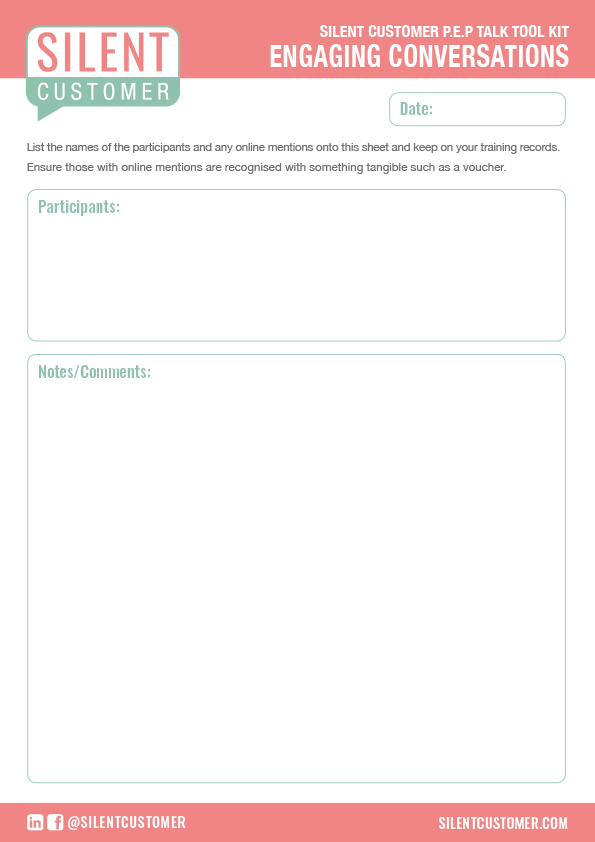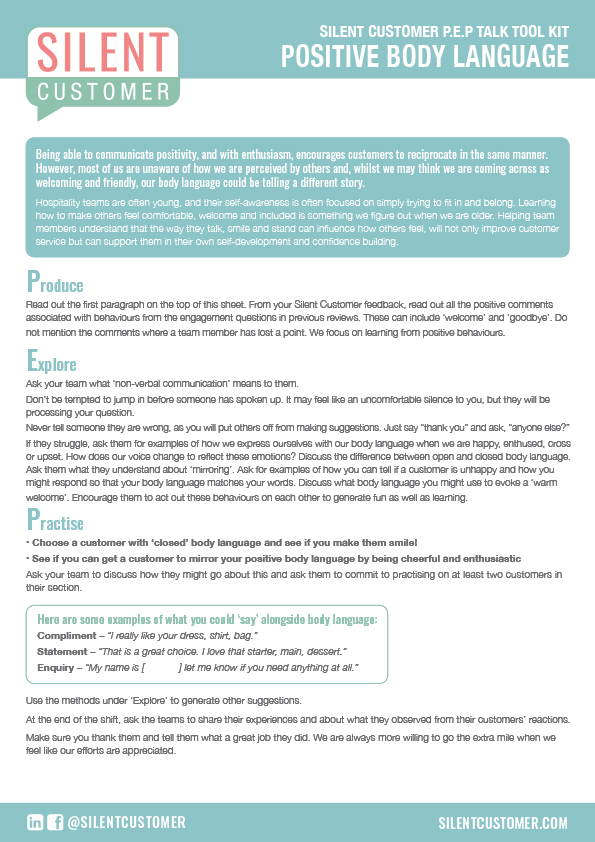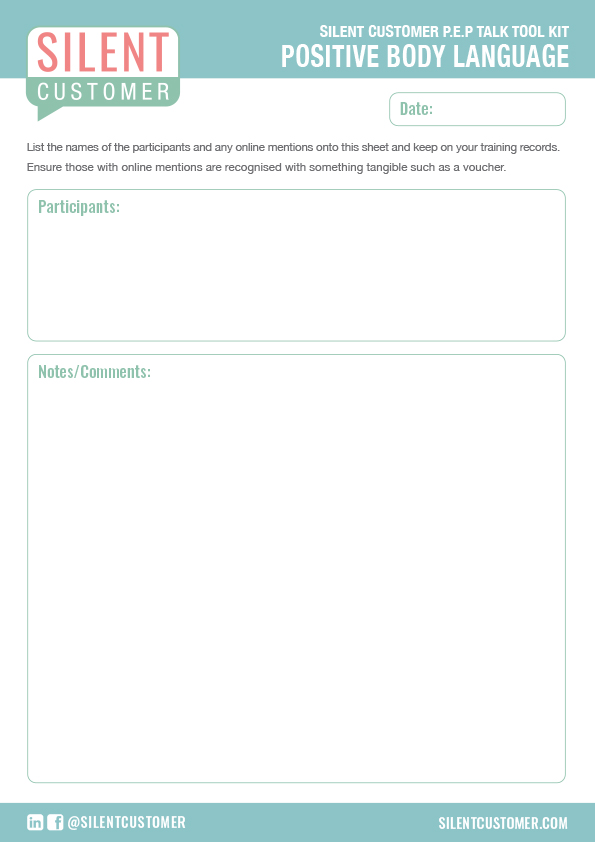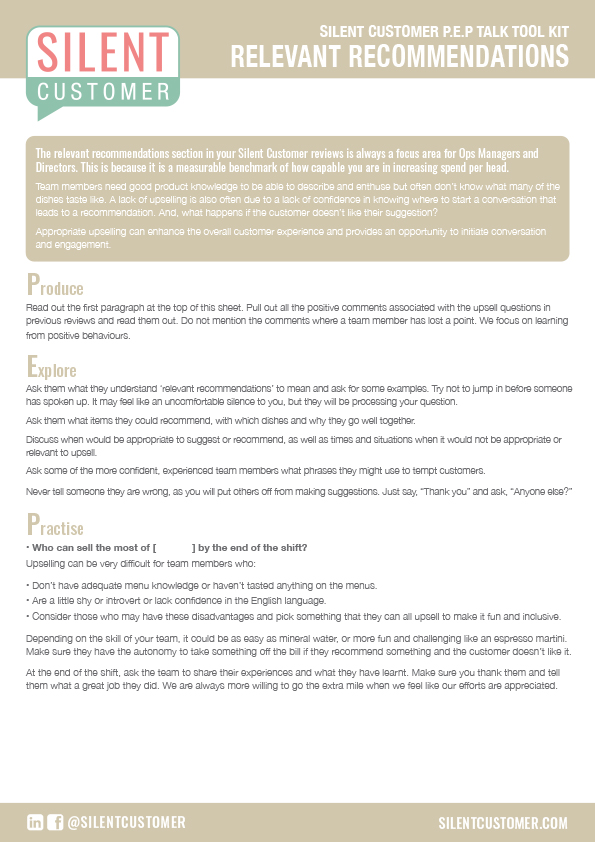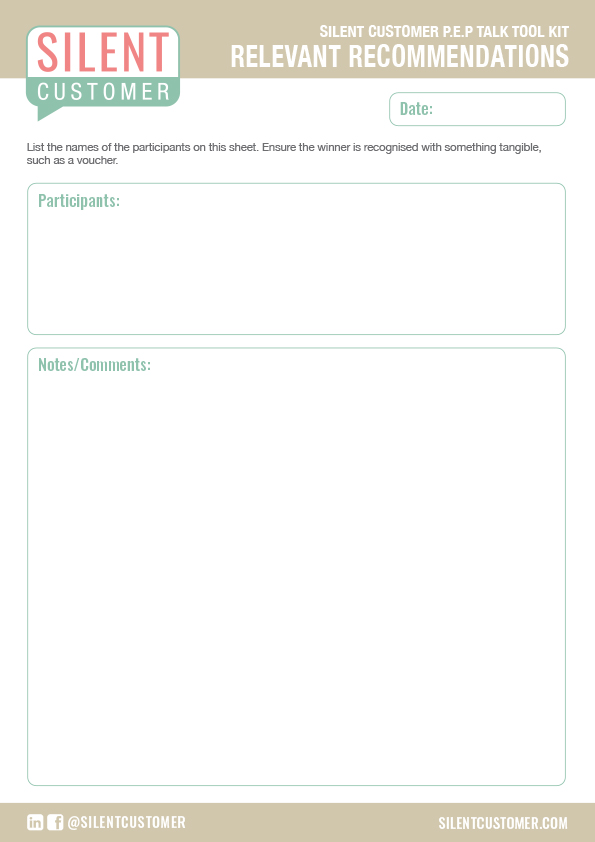In the hospitality industry the dropout rate for customer surveys, which take 10+ minutes, is around 30–40%. For shorter, well-designed surveys, dropout rates are still typically around 20–30%.
What’s the impact of this? Well, you might say that ‘it doesn’t matter if some customers drop out as we have plenty that do complete them’. But what you may not be factoring in is that many customers lose interest and click at random to get through the end. If you use this data, cumulatively it will give you nonsense output. Why would you rely on false data?

Factors Influencing Dropout Rates
1. Survey Length:
Longer surveys experience higher dropout rates. Most participants prefer surveys that take less than 5–7 minutes.
In hospitality, customers may start a survey out of goodwill but lose interest if it feels tedious.
2. Question Design:
Poorly designed questions (e.g., repetitive, unclear, or irrelevant) significantly increase dropout rates.
Open-ended questions are valuable but can deter respondents if overused.
3. Timing and Context:
Surveys sent immediately after an experience (e.g., a hotel stay or restaurant visit) tend to have lower dropout rates because the experience is fresh in the customer’s mind.
Timing is critical; surveys sent too late may result in higher dropouts.
4. Incentives:
Offering small incentives (e.g., discounts or loyalty points) can reduce dropout rates by 20–30%.
5. Device Compatibility:
Mobile-friendly surveys typically have lower dropout rates because many users complete surveys on their phones.
How to Collect True Customer Feedback Data
1.Professional Platforms:
Use a platform which will scrap all your customer reviews and analyse the sentiment.
2. Ask at The Table:
Ask for feedback at the table and via your booking software to ask no more than 5, succinct questions that will tell you what customers won’t think to say in a review.
3. Use Mystery Guests:
Ask mystery guests to complete customer experience surveys. These surveys ARE long and up to 100 questions BUT this is what they are paid for and prepared to do. This data will give the level of detail you are looking for that your customers will not impart.
Silent Customer supplies all of the services above and with our years of expertise, we will help you to use it in a way which WILL help you find out what you are asking as well as to find out much more besides! Get in touch for a FREE consultation.

